Why is it Important to Eat Healthy for the Heart?
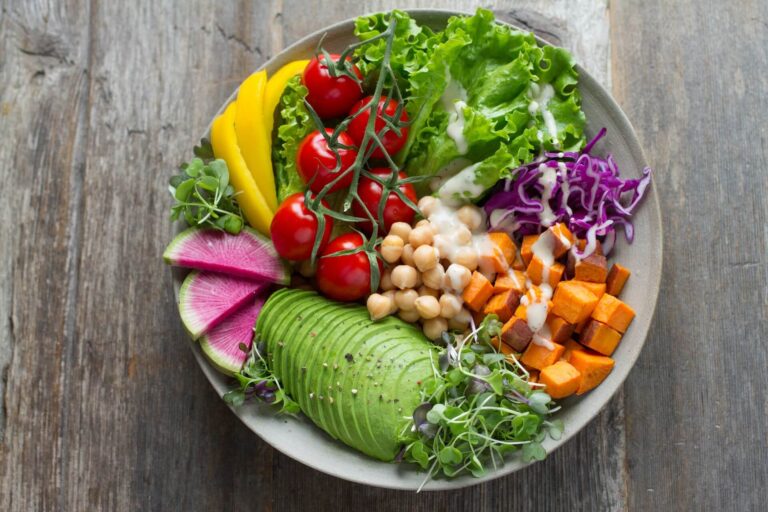
Essentially, food is the basis of our health. Be it heart, liver, stomach, or any other organ. It provides us with nutrients for activity, growth, and all bodily functions.
As far as diet is concerned, it plays an important role in heart health and is also considered a major risk factor in coronary diseases.
Certain foods contain high amounts of salt, saturated fats, and sugar and they have a great deal of negative impact on the heart. Well, it’s wise to focus on your diet when it comes to heart health.
A Diet consisting of a low-saturated fat, high-fiber, and plant-based food can considerably boost your heart function and reduce the risk of developing strokes and other diseases. (1)
10 Best Foods To Improve Your Heart:
1) Whole Grains
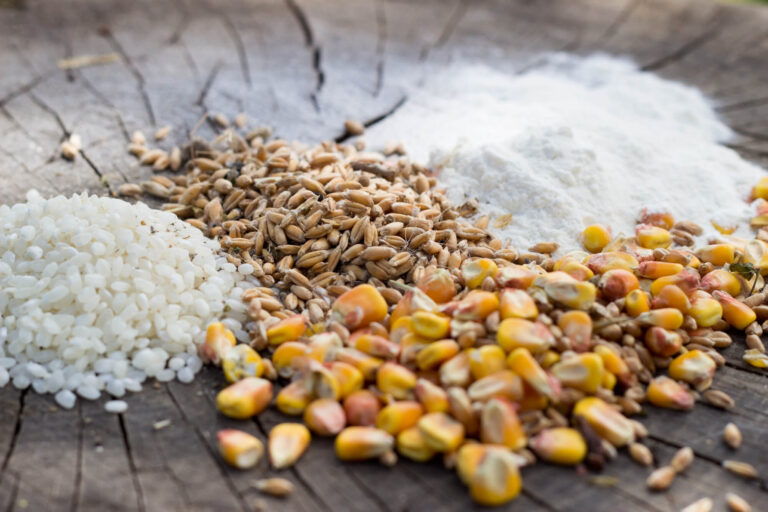
Grains such as whole wheat, oats, barley, and brown rice are packed with fiber, protein, B vitamins, and more which help lower cholesterol and maintain blood sugar levels.
Whole grains are considered to be high in fiber and low in calories compared to refined grains. Hence, a diet that includes whole grains is the way to go to reduce the risks of any heart ailments.
2) Dark Chocolate

It is extracted from cocoa beans without any addition of milk solids. Since this chocolate comes in natural form, it’s very nutritious and rich in antioxidants which are said to have positive impacts on the heart. It has also been found to improve brain function and may also improve blood flow and lower blood pressure.
Studies have shown that those who ate dark chocolate 4-5 times a week had a 57% lower risk of developing any heart disease than those who didn’t eat it at all. Ensure to get high-quality dark chocolate so that you can get most of its benefits.
3) Green Leafy Vegetables
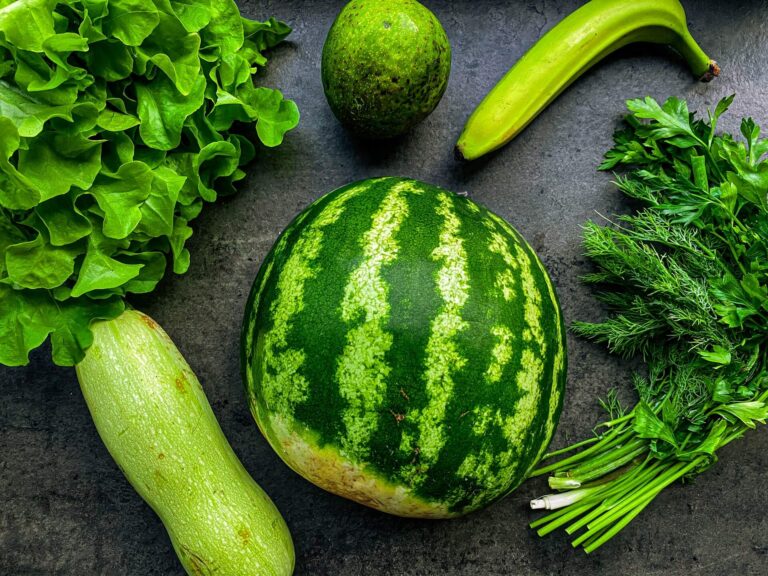
Vegetables such as spinach, kale, broccoli, cabbage, etc. are an important part of a healthy vegetarian diet. They are great sources of vitamins, minerals, and antioxidants and they offer low calories providing numerous health benefits including lowered risk of coronary disease, obesity, mental illness, etc.
Particularly, vitamin K in them helps loosen arteries and prevent blood clotting. Adding these to a routine diet has been shown to reduce blood pressure and improve the lining of blood vessels. Green leafy vegetables have a direct positive impact on your heart and overall well-being.
4) Seeds
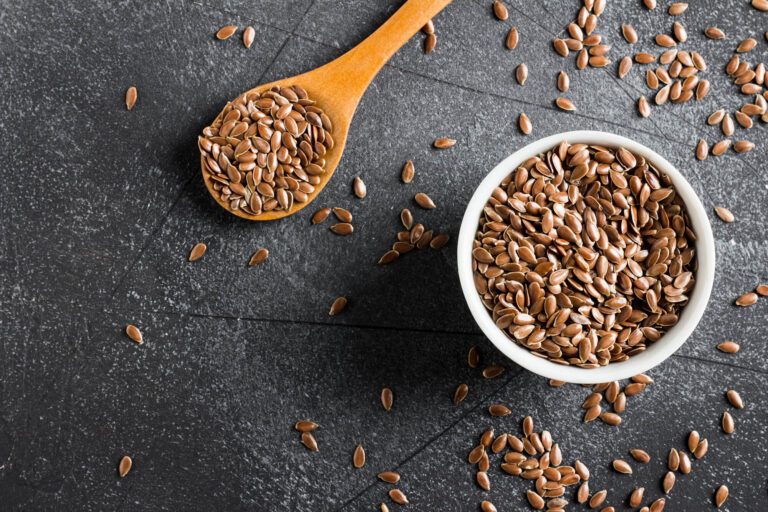
Seeds such as flaxseeds, chia seeds, sesame, and hemp seeds are prominent sources of fiber, omega-3 fats, phytochemicals called lignans, and along with other nutrients that are great for lowering inflammation, blood pressure, and bad cholesterol (LDL).
Hemp seeds, for example, are high in arginine, which is said to lower blood levels of certain inflammation conditions. Adding these types of seeds to your routine diet can significantly improve your heart health and other risk factors related to it.
5) Olive oil
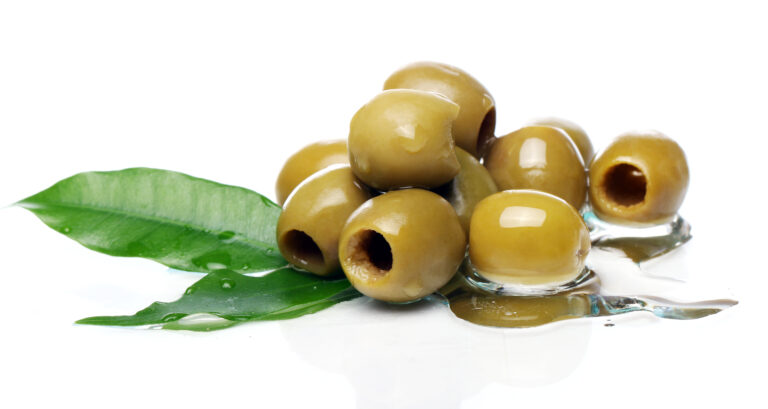
Extracted from olives leaves, this oil contains healthy fats (monosaturated fats) rich in antioxidants which are active and may reduce the risk of chronic diseases. It also has strong anti-inflammatory properties.
Surprisingly, it has been found to lower blood pressure, and bad cholesterol and may also protect blood vessels, all of which can reduce the risk of stroke and other related diseases. It’s a very healthy alternative when olive oil is being used instead of other saturated fat oils.
6) Almonds

They are packed with lots of healthy fats, protein, fiber, and certain vitamins. These nutrients are crucial to help protect against stroke and other chronic diseases.
Studies have shown that they benefit numerous health conditions by reducing blood pressure and cholesterol levels. Also, it is said that it helps reduce hunger and promote weight loss.
7) Avocados:
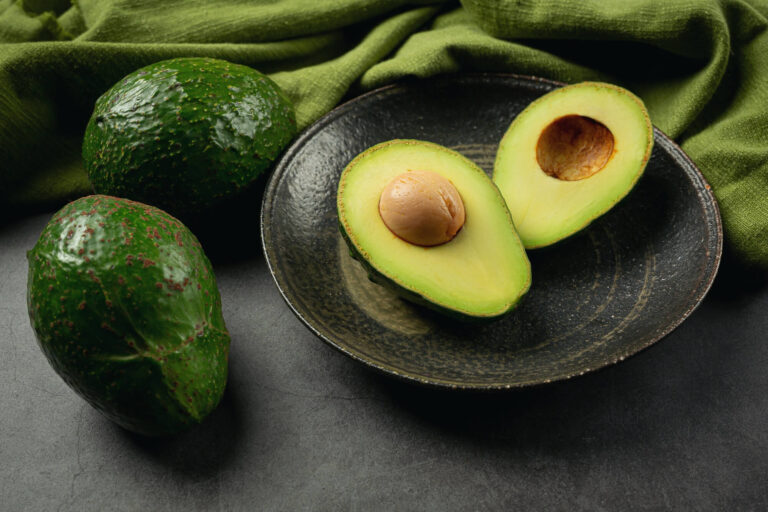
Avocados are extremely nutritious and contain more potassium than bananas. They are exceptionally great, loaded with heart-healthy monosaturated fats and fiber.
Eating avocados help lower cholesterol and triglyceride levels which benefit and improve heart function. Research also says that those who ate avocados regularly had half the risk of developing metabolic syndrome as those who didn’t eat them.
8) Walnuts
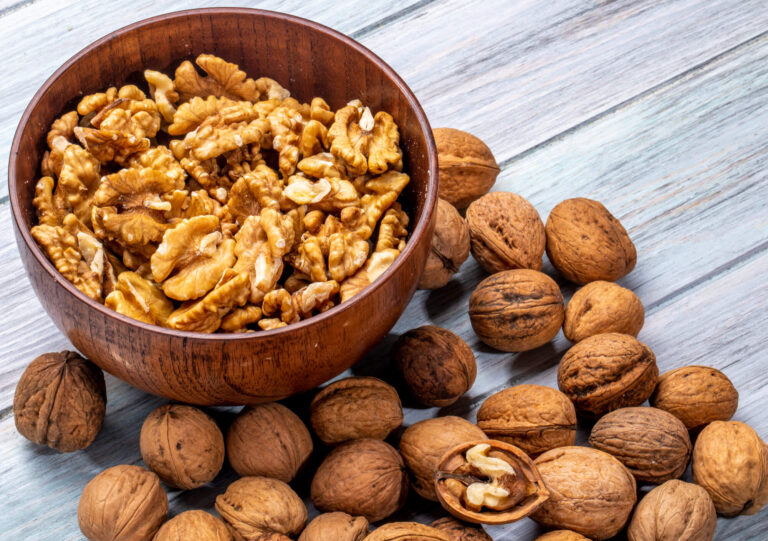
They are a great source of fiber, phytochemicals, and unsaturated fats which benefit both brain and heart function. It has also been found that consuming walnuts on a daily basis can help protect against coronary diseases.
According to one review, eating walnuts can reduce bad cholesterol by 16% and also decrease inflammation and stress.
9) Garlic
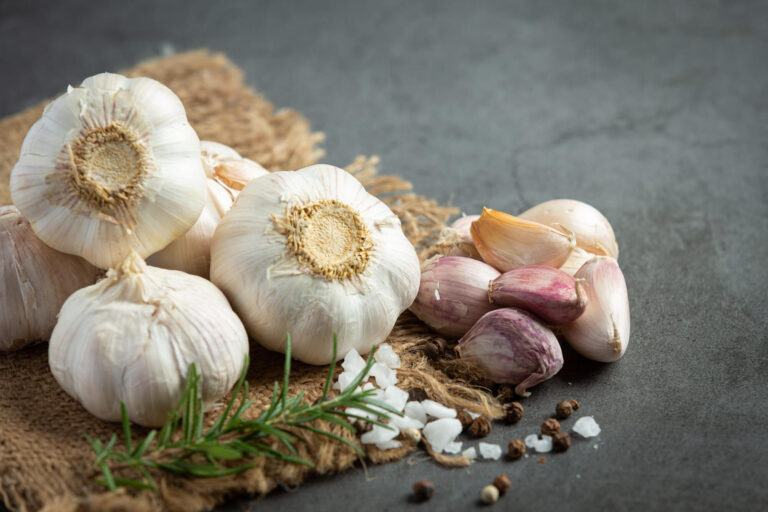
Garlic has been used as a natural remedy for many centuries to treat many forms of ailments. It has a lot of potent medicinal properties and is highly nutritious. It has been shown that it lowers cholesterol and blood pressure, which leads to the overall protection of your heart.
In addition, it improves immunity, memory, and skin as well. It is considered of great medicinal value in Ayurveda, but it also suggests that consumption of garlic on a day-to-day basis is not required since its potency can enhance one’s anger, ignorance, anxiety, and sexual desire.
10) Fresh Herbs

Consuming herbs such as rosemary, thyme, and oregano may help manage and prevent heart disease, diabetes, and some other chronic ailments. In particular, rosemary is rich in antioxidants and anti-inflammatory properties and helps boost the immune system and blood circulation.
Using these as part of your food instead of sugar, salt or fat is by far the healthy choice to make. They do have flavors in them and yes, without any bad effects.
